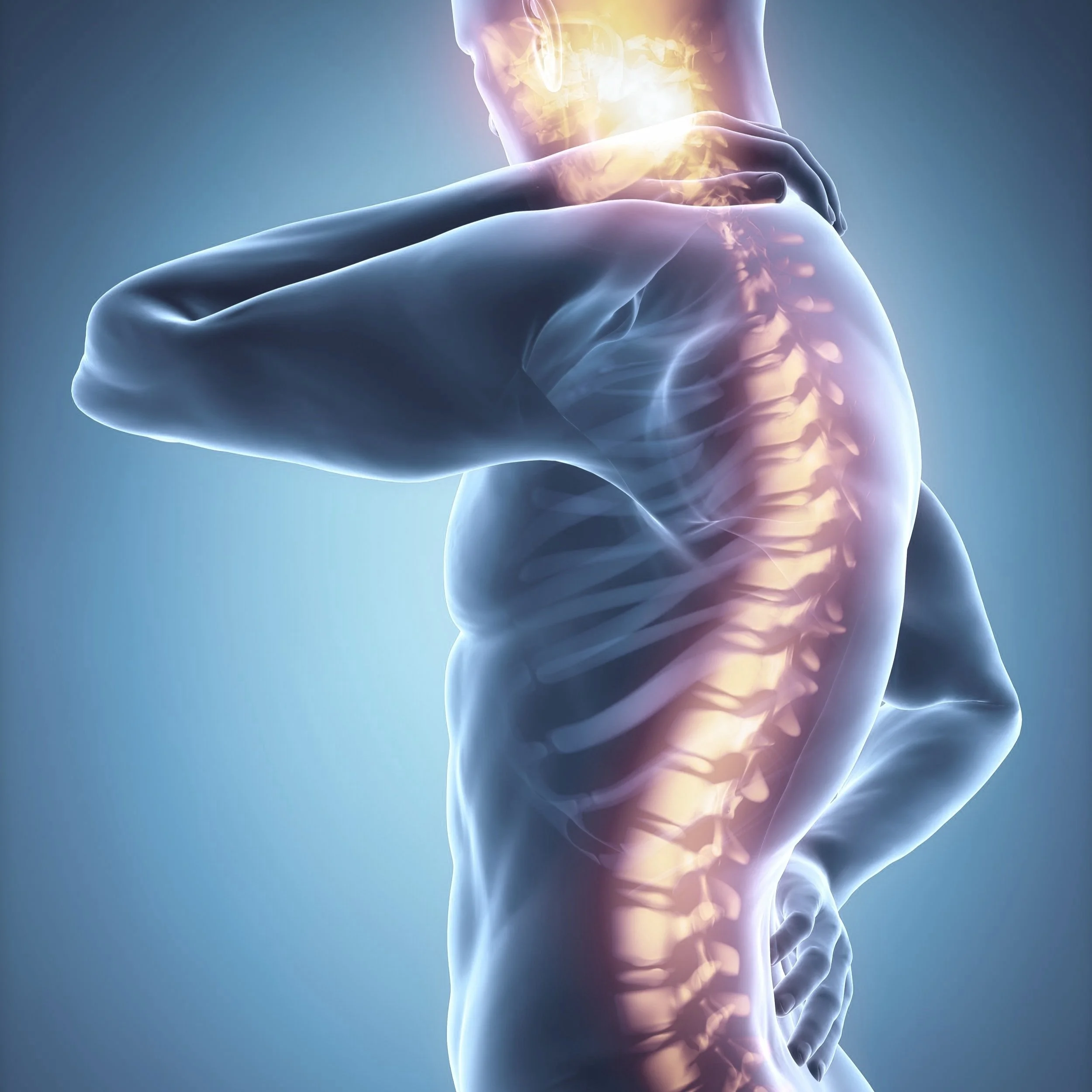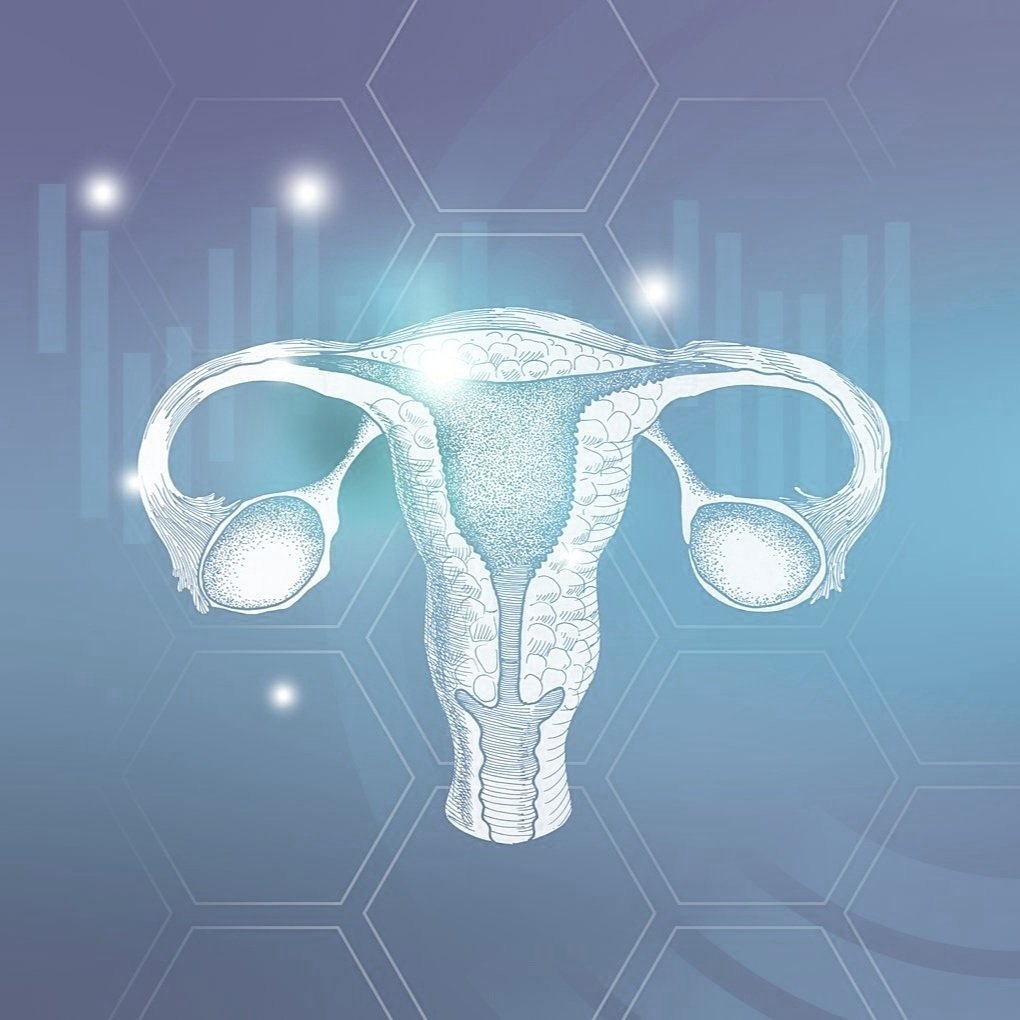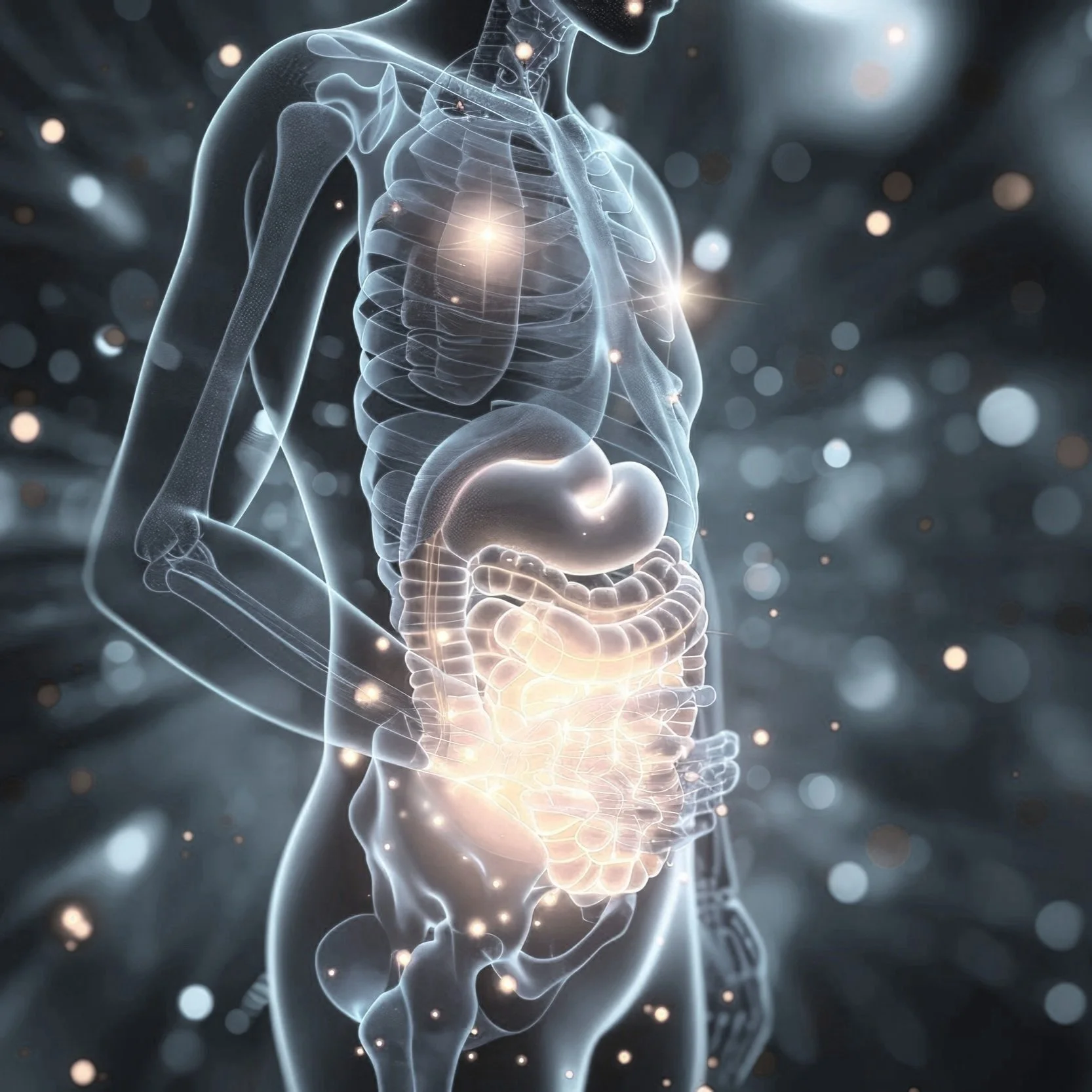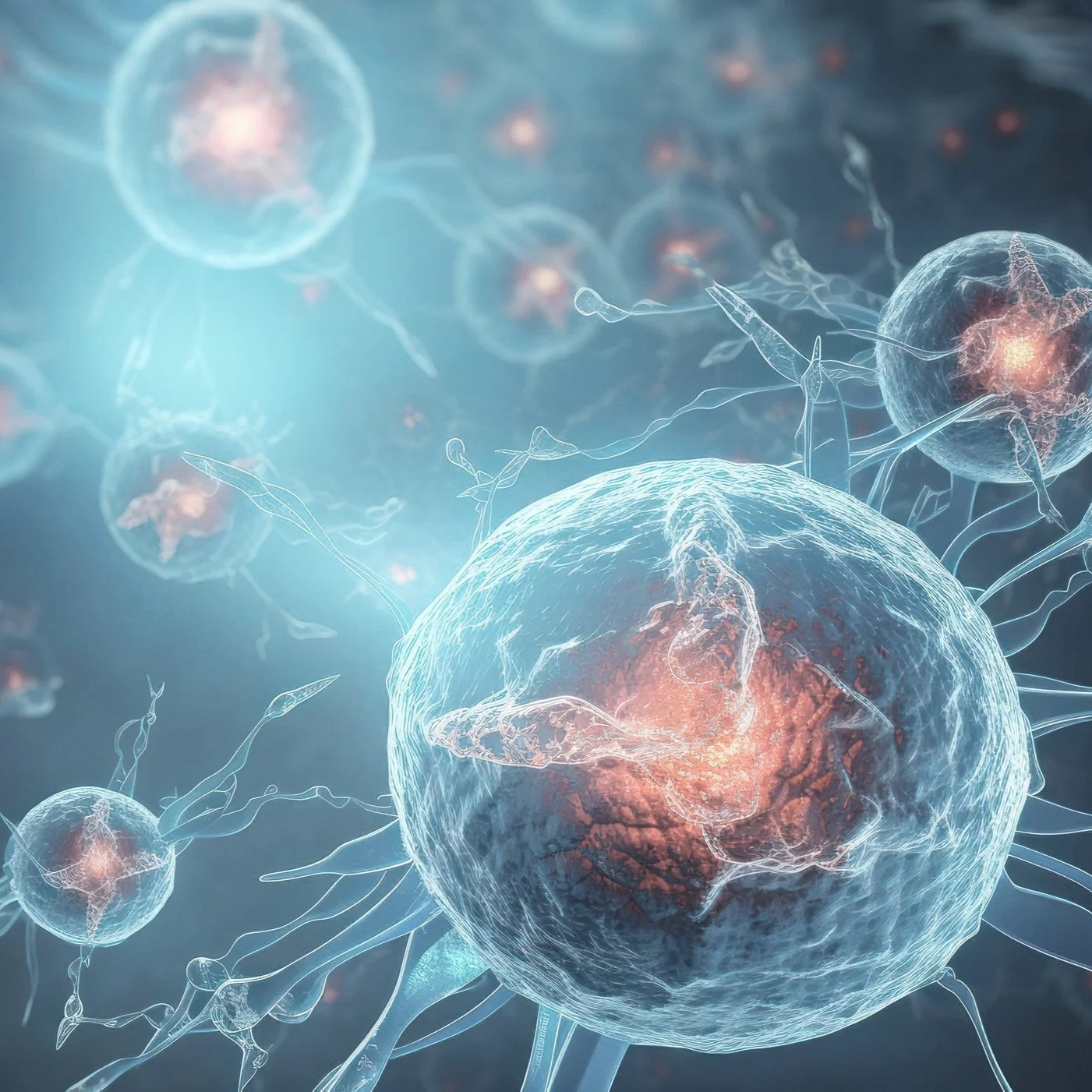Pain Treatment and Management
Acupuncture, Electrical stimulation, Cupping, Auricular acupuncture and Gua Sha are widely used to treat many conditions that involve pain. That is from an Orthopedic perspective, whether with longer term or more acute symptoms, Neuralgias, to chronic systemic conditions causing pain (such as PMS, Headaches etc).
Acupuncture can help by acting locally to promote circulation back to the area and thus help with tissue repair. It also acts distally through the peripheral nervous system by stimulating nerves that themselves affect neurotransmitters involved in pain sensation (endorphins etc). Finally it can act directly on central nervous system through points on the body, the ear or the scalp that affect the spine, or the structures in the brain involved with pain. One way that acupuncture also strongly works with pain is through calming the often overactive and stimulated sympathetic nervous system ( fight or flight) which intensifies our experience of pain and reduces our tolerance to stressors whether physical or emotional.
Stress, Anxiety, Depression and Sleep issues
In the United States 90% of the population would self describe as under a considerable amount of stress on a daily basis. Wether financial, emotional or just being overwhelmed, confused, experiencing some depression or anxiety these mind states affect our quality of life, relationships, physical health and overall our general experience. and often suffering from sleep issues.
Sleep is one of the many functions that often become affected and further will contribute to more imbalances and difficulties.
Acupuncture helps the nervous system and autonomic system to self regulate. Herbs can be used in conjunction for a more chronic effect.
Women’s Health and Infertility
Again, acupuncture and herbs are very helpful in the treatment of infertility, pregnancy issues, menstrual issues, difficult transition into menopause and other hormonal imbalances.
Integrating functional understandings can often be a very useful way to approach such conditions. Emotional issues, working with the sympathetic system (calming) are again very relevant and at the forefront of dealing with endocrine issues. As well as looking at inflammation in the body (digestive system, detox pathways, parasites, autoimmune etc) and anything that could be contributing to these issues such as Thyroid, Adrenal or other imbalances.
Digestive Issues
The gut can be approached from the western functional perspective by looking at the microbiome and finding areas that can be assisted or helped with. Research has been increasingly showing the importance of the Gut/Brain axis for many crucial functions of the body. Indeed imbalances in the gut can affect not only how we absorb our nutrition but also our endocrine, immune, cognitive and emotional health.
Very much in the same line of thought from a Chinese perspective, the digestion corresponds to the Earth element (at the centre of all elements) and can affect most functions in our body in a multitude of ways. Deficiencies, excesses, blockages, food stagnation… these are all conditions that we might consider from a Chinese medical perspective. In turn those will affect the Qi and blood production, movement and distribution to all the other organs and functions. Through careful observation of signs and symptoms we can work together towards unraveling the roots of the imbalances.
Immunity and Autoimmunity
Our immune system is affected by many things in our bodies. For instance, the gut might create a more or less inflamed and resilient systemic environment that could become the terrain for the development of infections or even autoimmune diseases. How adaptive or overreactive our respiratory system behaves will also affect our immune response. An imbalanced endocrine system could also contribute to a maladaptive, under performing or overreactive immune response. How well our detox pathways are working and if the liver and kidneys are able to do their job without being overloaded are factors we could consider for certain patients. And of course our mental and emotional health (which will be impacted by all the former and vis versa) play a crucial role in appropriate immune responses.
When addressing issues around immunity we try and look at any relevant issues that could be contributing to the symptoms.





